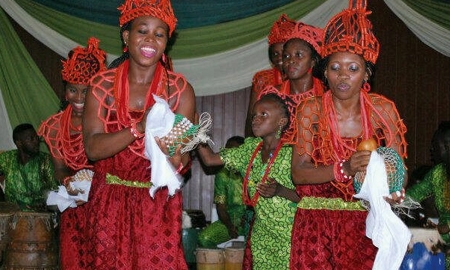“I think in hindsight, perhaps we let down our guard,” says Prof Attahiru Jega, Chair of the Independent National Electoral Commission (INEC).
Violence swept the impoverished, Muslim-majority north of the country, leaving over 1,000 people dead. And after the inauguration of President Jonathan – a Christian from the oil-rich Niger delta region – the radical Muslim group Boko Haram added another 16 victims to the list. Is it not bitterly ironic that the best-run and cleanest elections Nigeria has ever had should also be the most violent?
“Yes,” says Prof Jega. “They were said to be free and fair, yet somebody had to lose. When you combine the shattering of expectations with unemployment and illiteracy, particularly amongst young people in the north, then obviously this was a terrible recipe for violence.”
INEC, Prof Jega explains, has been tasked with responsibilities ranging from vetting candidates and auditing party finances to more practical issues of distributing and collecting ballots. His team is credited for the success of the re-modified open ballot system requiring voters to be present at a pre-assigned time to be issued credentials and subsequently vote. “Admittedly, it was an inconvenience,” says Prof Jega, “but we argued that this is only going to happen once every four years and you can make that sacrifice if you want Nigeria to progress democratically.”
Another innovative measure was the introduction of computerised biometric screening. In just three weeks, 73 million voters made use of this technology. “Now we are strengthening the integrity and security of the database and ensuring that it is fully integrated at the state and national levels to begin a continuous voter registration program between elections,” he notes.
“Our vision is to be one of the best election management organisations in the world, and certainly on the African continent. We believe we have the capacity, resources and resourcefulness to do that. It was not a perfect election and everyone knows that, but it was certainly much better than any other election we have had in the past.”

0 COMMENTS